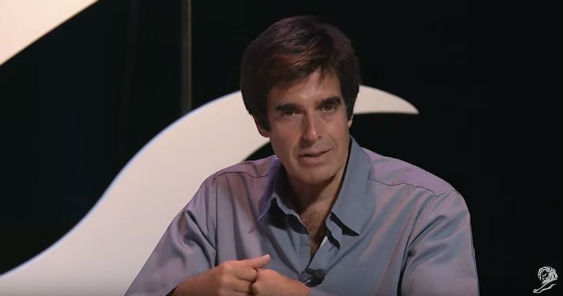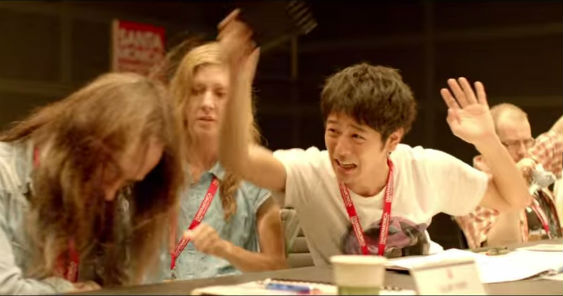ASIA-PACIFIC – INDIA, FEBRUARY 14, 2012: Starbucks Corporation has recently signed a deal with India’s Tata Global Beverages Ltd. to officially open retail stores in the country. Relying heavily on the brand’s attraction and appeal to the youth and the affluent middle class, Starbucks girds its loins to face competition in a highly tea-drinking country.
“It will be expensive coffee, but a growing number of people can afford it, and people who want to drink Starbucks will drink Starbucks,” said DK Joshi of CRISIL Research.
The same brand appeal and existing brand strength has worked for the coffee chain in China, which currently hosts more than 500 stores. In India, a plan 50 stores within the first year of operations is being laid out, with the first branches opening in New Delhi and Mumbai this summer, most likely within Taj Hotels, which are also owned by the Tata Group.
Tata Global Beverages will provide domestic coffee supplies for Starbucks in the 50-50 joint venture. India is the fifth-largest coffee producer in the world, and presently puts high taxes on imported coffee beans. More than savings, however, Tata will bring in insights and an understanding of the local market. The partnership will also fulfill the country’s legislated prerequisite of domestic sourcing to allow foreign ownership of single-brand retailers.
Starbucks had already reached a preliminary agreement with Tata almost a year ago, and is now hoping for the same success it has found in China. The coffee company is facing not only the challenge of both local and foreign shops, including United Kingdom’s Costa Coffee and fellow U.S.-based Coffee Bean & Tea Leaf, but also the ever-present chai wallahs, who provide tea almost everywhere.
According to the International Coffee Organization, India consumes only about 85 grams per capita of coffee, way, way below the 4.1 kilograms in the United States. The figure for India has doubled since the 1990s, however, owing to presence of coffee chains in the country coupled with the growing incomes and the demand of the urban youth.
The tea industry need not worry about being overrun, though, since there is only a specific part of the population that will enjoy and actually has the money to afford Starbucks coffee, said analysts. Starbucks can also bank on its brand appeal to charge higher prices, even in India’s inflation-prone economy.





